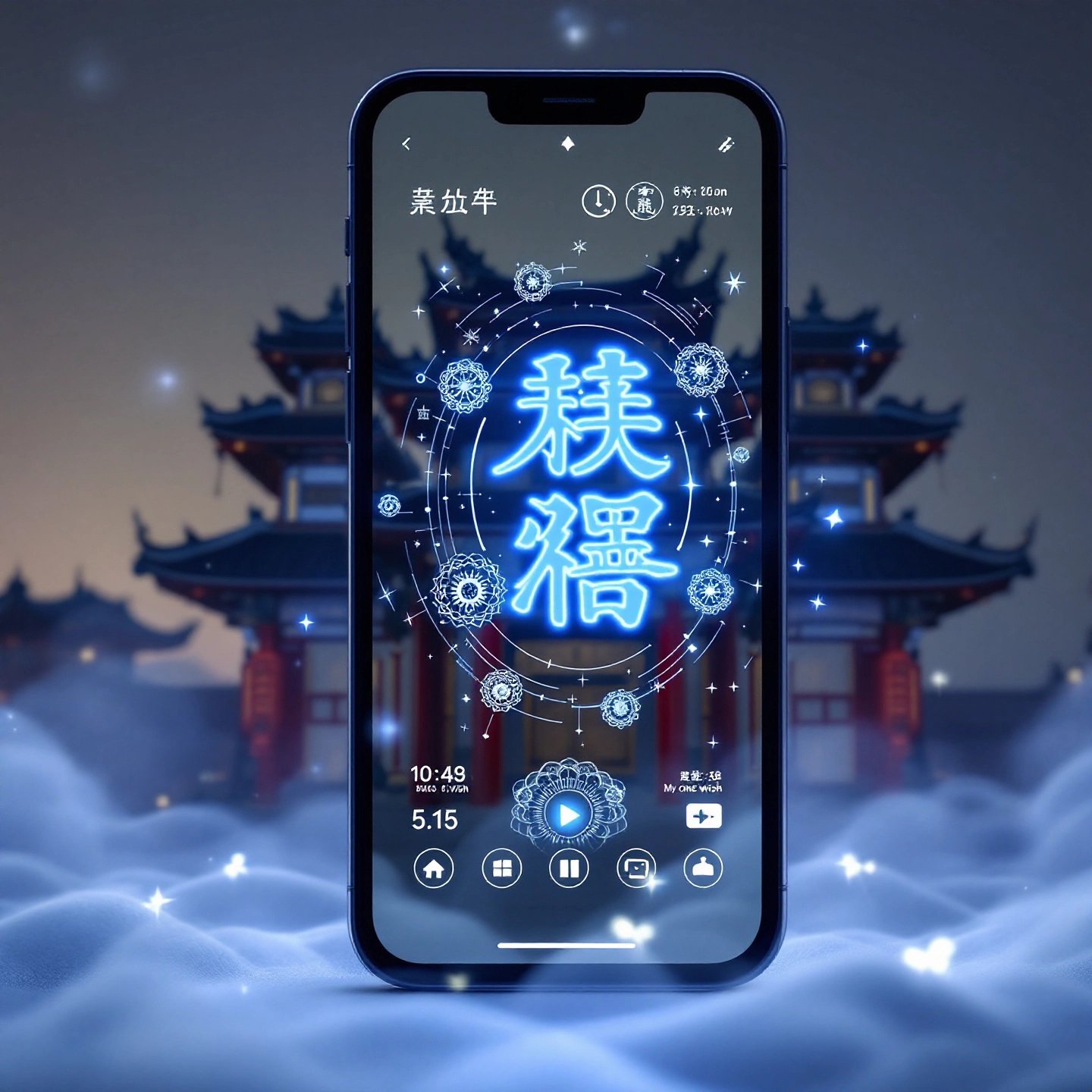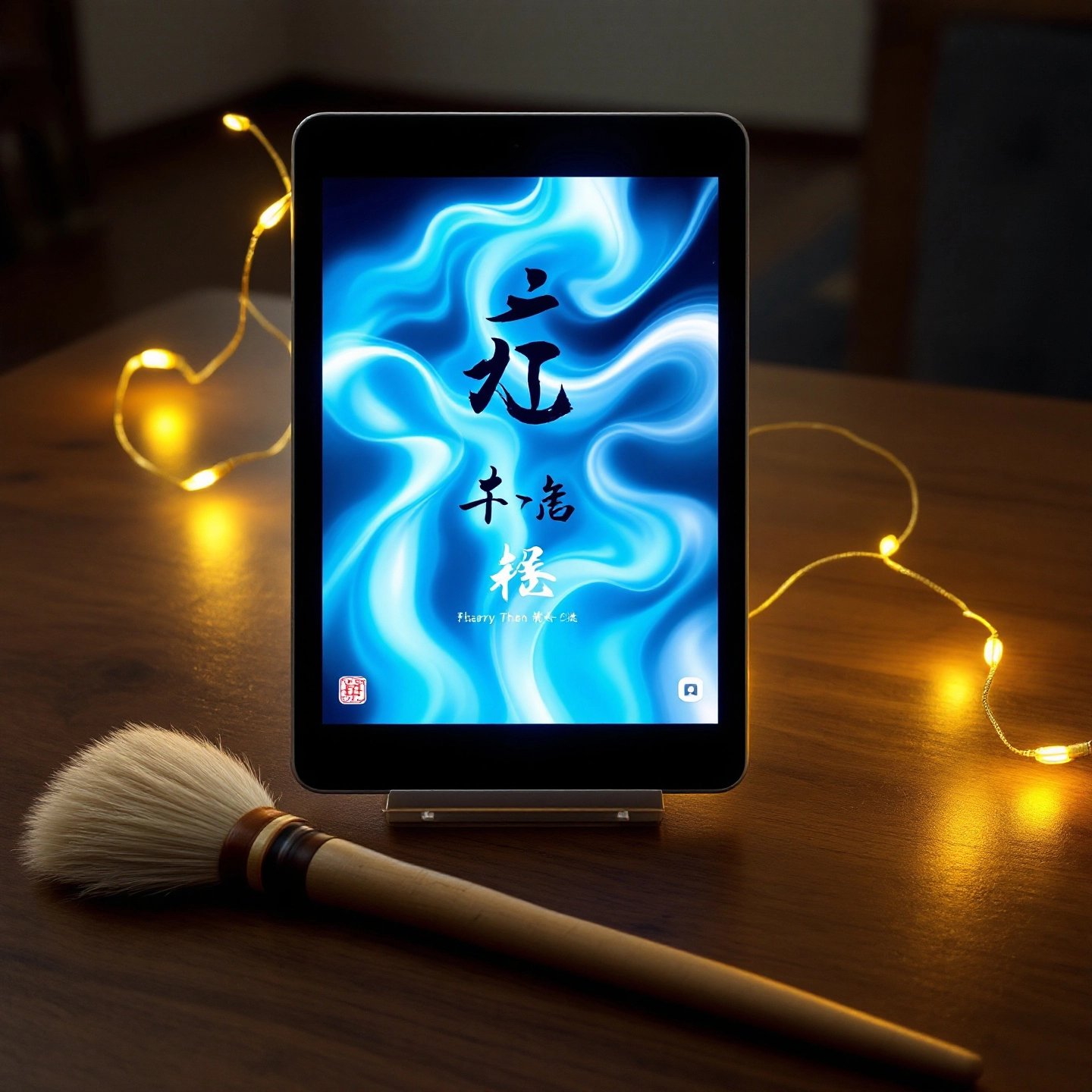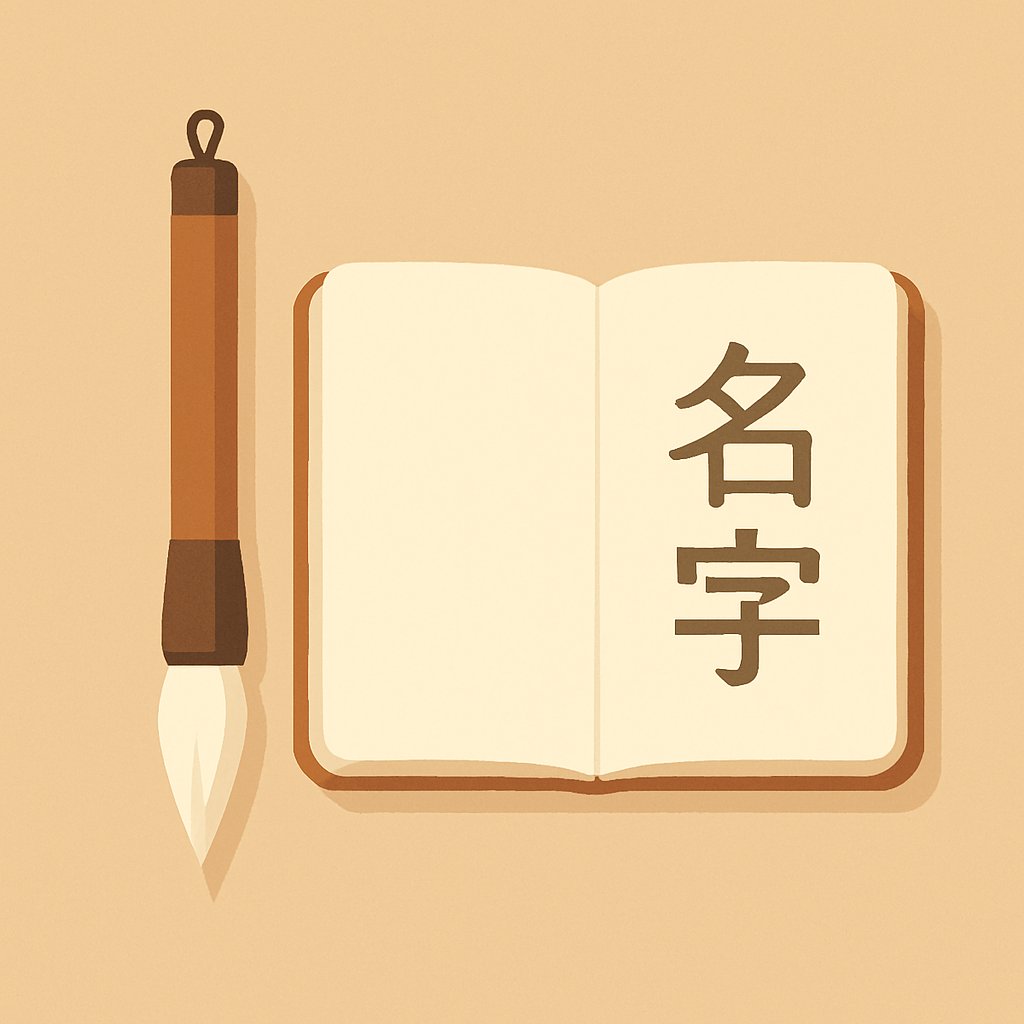Introduction to Chinese Male Names
Have you ever wondered what stories lie within a name? In China, male names are far more than identifiers—they’re vessels of history, aspirations, and ancestral pride. Rooted in 5,000 years of tradition, these names reflect virtues like wisdom (智, Zhì), resilience (强, Qiáng), and prosperity (达, Dá), while seamlessly adapting to modern values.
Chinese names follow a distinct structure: the surname (姓, xìng) comes first, symbolizing family lineage, followed by a given name that often combines two characters. For example, the classical name 伟杰 (Wěijié) merges 伟 (greatness) and 杰 (outstanding), embodying timeless ambition. This duality—honoring tradition while embracing progress—makes Chinese male names uniquely powerful.
Three key elements define these names:
- Cultural Heritage: Names like 俊 (Jùn, handsome) or 明 (Míng, bright) echo Confucian ideals and literary classics.
- Family Values: Generational naming traditions, such as shared middle characters among siblings, reinforce kinship ties.
- Modern Relevance: Contemporary names like 浩宇 (Hàoyǔ, vast universe) blend ancient symbolism with futuristic vision.
In this article, you’ll discover:
- How dynastic eras shaped naming conventions
- 2024’s trending names and their hidden meanings
- AI tools to craft culturally resonant names
Ready to decode the legacy behind these names? Let’s journey through their evolution—from Zhou Dynasty rituals to today’s globalized choices—and learn how to select a name that honors the past while inspiring the future.

How Did 3,000 Years of History Shape Chinese Male Names?
What makes a name powerful? For Chinese families, the answer lies in centuries of philosophical thought and ancestral reverence. From the Zhou Dynasty's rigid hierarchies to the Han era's poetic innovations, male names evolved as cultural mirrors reflecting societal priorities.
Dynastic Milestones in Name Development
- Zhou Dynasty (1046–256 BCE): Introduced ming (given names) paired with zi (courtesy names), as recorded in The Book of Songs. Names like 文王 (Wén Wáng) – "Cultured King" – emphasized royal virtue.
- Han Dynasty (202 BCE–220 CE): Single-character names dominated, often using nature symbols like 峰 (Fēng, mountain peak) to signify strength.
- Tang Dynasty (618–907): Buddhist influences brought names like 慧明 (Huì Míng) – "Wisdom-Bright" – blending spiritual and intellectual ideals.
Confucian Virtues in Action
Five core principles shaped powerful Chinese male names:
- 忠 (Zhōng, Loyalty): Names like 忠国 (Zhōngguó, "Loyal to Nation")
- 孝 (Xiào, Filial Piety): 孝先 (Xiàoxiān, "Filial Forebear")
- 仁 (Rén, Benevolence): 仁德 (Réndé, "Benevolent Virtue")
- 勇 (Yǒng, Courage): 勇军 (Yǒngjūn, "Courageous Army")
- 智 (Zhì, Wisdom): 智渊 (Zhìyuān, "Wise Abyss")
These Chinese male strong names weren't mere labels – they were daily reminders of moral imperatives. Emperors like 汉武帝 (Hàn Wǔdì, "Martial Emperor of Han") used names to project authority, while scholars chose characters like 博 (Bó, "Erudite") to showcase intellectual prowess.
Ancestral Ties in Modern Practice
Today's naming customs retain ancient echoes:
- Generation Names: Many families use predetermined middle characters across siblings
- Five Elements Theory: Balancing water (淼, Miǎo) or fire (炎, Yán) characters based on birth charts
- Historical Revival: 21st-century resurgence of classics like 明轩 (Míngxuān, "Bright Pavilion")
From bronze-age rituals to digital-era innovations, Chinese male names remain rooted in cultural soil rich with meaning. Ready to discover how these historical foundations translate into today's most popular names? Let's explore the classics that continue to inspire.
Timeless Strength in Ancient Traditions
What makes a name endure through millennia? Ancient Chinese male names like 伟 (Wěi) and 俊 (Jùn) have survived dynastic collapses and cultural revolutions because they embody virtues that transcend time. These names, rooted in literature and legends, continue to shape identities in modern China.
Classical Names That Defined Generations
| Name | Meaning | Historical Context |
|---|---|---|
| 伟 (Wěi) | Greatness | Used for emperors and scholars since Zhou Dynasty (1046-256 BCE), symbolizing unmatched achievement |
| 俊 (Jùn) | Handsome | From Confucian texts, representing ideal masculine grace and moral character |
| 明 (Míng) | Bright | Popularized during Han Dynasty (202 BCE-220 CE), denoting intellectual clarity |
| 亮 (Liàng) | Brilliant | Featured in Romance of Three Kingdoms for military strategists |
| 博 (Bó) | Knowledgeable | Chosen for scholars during imperial exams, first seen in Tang Dynasty (618-907 CE) |
| 浩 (Hào) | Vast | Inspired by Yellow River's grandeur, used since Song Dynasty (960-1279 CE) |
| 强 (Qiáng) | Strong | Warrior names from Qin Dynasty (221-206 BCE), symbolizing physical/metaphysical strength |
Why These Names Still Resonate
These common Chinese male names maintain relevance through:
- Cultural Continuity: 85% of modern parents consider classical meanings when naming sons (Wukong Chinese Research, 2024)
- Literary Revival: Names like 明轩 (Míngxuān, 'Bright Pavilion') appear in bestselling novels
- Global Appeal: Diaspora communities preserve names like 伟杰 (Wěijié, 'Great Hero') as cultural anchors
Consider 浩宇 (Hàoyǔ, 'Vast Universe') – while modern-sounding, its character 浩 directly connects to Song Dynasty poets who celebrated nature's immensity. This blending of old and new shows how names of Chinese male tradition adapt without losing essence.
From boardrooms to social media profiles, these names carry forward a legacy of aspiration. They remind wearers that strength isn't just physical – it's the brilliance to lead, the grace to inspire, and the wisdom to endure.

Popular Picks for Modern Chinese Male Names
How do ancient traditions stay fresh in a globalized world? Modern Chinese parents are masterfully blending time-honored values with contemporary flair, creating names like 浩宇 (Hàoyǔ) – “vast universe” – that honor heritage while embracing boundless aspirations. Let’s explore 2024’s trending choices and the forces shaping them.
Drivers of Modern Naming Trends
- Global Phonetic Appeal: Names like 沐宸 (Mùchén) balance Mandarin tones with syllables easily pronounced internationally (e.g., “Chen”).
- Nature-Inspired Grandeur: Characters like 宇 (yǔ, universe) and 瀚 (hàn, vast) reflect cosmic ambition, as seen in 瀚强 (Hànqiáng, “vast and strong”).
- Literary Revival: Classical poetry inspires names such as 智语 (Zhìyǔ, “wise words”), merging Tang Dynasty elegance with modern intellect.
2024’s Top Trending Names
Based on LingoAce’s 2024 data, these male Chinese names lead popularity charts:
- 子尘 (Zǐchén): “Child of Dust” – humility meets resilience
- 润楚 (Rùnchǔ): “Gentle Clarity” – balancing softness and precision
- 杰弘 (Jiéhóng): “Outstanding Magnitude” – academic and professional ambition
- 禹哲 (Yǔzhé): “Wise Achiever” – nods to legendary Emperor Yu’s governance
- 泓曦 (Hóngxī): “Clear Dawn” – purity and new beginnings
- 铮煜 (Zhēngyù): “Resonant Brilliance” – musicality meets radiant success
- 峻莱 (Jùnlái): “Steep Victory” – overcoming life’s challenges
- 煊博 (Xuānbó): “Bright Erudition” – intellectual luminosity
Notice how these popular Chinese male names often pair a traditional virtue (e.g., 杰, “outstanding”) with a modern concept (e.g., 弘, “vast”). This duality allows parents to root children in cultural identity while equipping them for global citizenship.
As naming evolves, one constant remains: the Chinese belief that a well-chosen name can shape destiny. Next, we’ll decode how specific characters convey these aspirations through layered symbolism.

Meanings and Symbolism That Shape Identity
Have you ever wondered how two characters can encapsulate a lifetime of hopes? In Chinese naming traditions, every stroke carries weight—parents meticulously select characters that crystallize virtues, natural elements, and intellectual ideals. This symbolic alchemy transforms names into lifelong blessings.
Decoding the Hidden Language of Characters
| Name (Character) | Pinyin | Meaning | Virtue |
|---|---|---|---|
| 博 | Bó | Knowledgeable | Intellectual Depth |
| 海 | Hǎi | Sea | Boundless Potential |
| 强 | Qiáng | Strong | Resilience |
| 睿 | Ruì | Wise | Strategic Thinking |
| 毅 | Yì | Perseverance | Determination |
| 轩 | Xuān | High Pavilion | Noble Ambition |
| 明 | Míng | Bright | Clarity of Purpose |
| 宇 | Yǔ | Universe | Cosmic Perspective |
| 浩 | Hào | Vast | Grand Vision |
| 杰 | Jié | Outstanding | Excellence |
The Art of Combining Characters
Parents often pair symbols to amplify meanings. For example:
- 浩宇 (Hàoyǔ): Merges 浩 (vast) + 宇 (universe) = "Boundless Horizons"
- 睿明 (Ruìmíng): Combines 睿 (wise) + 明 (bright) = "Enlightened Intellect"
According to GoEast Mandarin, 70% of modern names use such compound symbolism to reflect multifaceted aspirations.
Key Considerations in Name Selection
- Five Elements Balance: If a child’s birth chart lacks "water," parents might add 海 (sea) or 浩 (vastness).
- Avoiding Homophones: Characters that sound like negative words (e.g., 四 (sì, four) vs. 死 (sǐ, death)) are rejected.
- Generational Marks: Many families use shared middle characters, like 子 (zǐ) in 子轩 (Zǐxuān) and 子豪 (Zǐháo).
As one Shanghai parent shared: "We chose 峻哲 (Jùnzhé—‘Steep Wisdom’) to remind our son that growth requires climbing life’s steepest slopes." This poetic approach ensures Chinese male names meaning resonate across generations, turning linguistic artistry into living legacies.
Chinese Male Names Examples
Need inspiration for naming? Explore this curated list of Chinese male names and meanings spanning classical elegance, contemporary trends, and regional charm.
Classic Names Rooted in History
- 伟 (Wěi) – "Greatness": A Zhou Dynasty legacy symbolizing monumental achievements
- 俊 (Jùn) – "Handsome": Confucian ideal of moral and physical grace
- 明 (Míng) – "Bright": Han Dynasty tribute to intellectual clarity
- 强 (Qiáng) – "Strong": Qin Dynasty emblem of warrior spirit
- 博 (Bó) – "Knowledgeable": Tang Dynasty scholar's pursuit of wisdom
Modern Names with Cosmic Flair
- 浩宇 (Hàoyǔ) – "Vast universe": 2024's top pick for boundless ambition
- 子轩 (Zǐxuān) – "Child of loftiness": Blends heritage with upward mobility
- 沐宸 (Mùchén) – "Bathe in celestial abode": Royalty-inspired modern favorite
- 奕辰 (Yìchén) – "Grand celestial body": Cosmic aspirations meets elegance
- 宇泽 (Yúzé) – "Universal benevolence": Global-minded virtue
Regionally Distinct Choices
- 嘉伟 (Jiāwěi) – "Excellent greatness": Southern China's fusion of values
- 海峰 (Hǎifēng) – "Ocean peak": Coastal regions' nod to maritime power
- 川亮 (Chuānliàng) – "River brilliance": Sichuan's tribute to natural wonders
- 振东 (Zhèndōng) – "Rouse the east": Northeastern industrial pride
- 云翔 (Yúnxiáng) – "Cloud soaring": Yunnan's mountain-inspired optimism
From the enduring 明 (Míng) to the cosmopolitan 浩宇 (Hàoyǔ), these Chinese male name examples showcase how naming bridges eras and geographies. Ready to explore how surnames amplify these meanings? Let’s decode China’s naming structure next.
Decoding the Importance of Surnames and Given Names
Did you know China's surname-first tradition predates Confucius? This structural priority reflects a cultural truth: family identity outweighs individuality. Let’s unravel why surnames like 王 (Wáng) carry dynastic weight and how given names harmonize with them to create balanced identities.
The Cultural Weight of Surnames
In China, your surname is your ancestral banner. Consider these insights:
- Historical Legacy: The top three surnames—李 (Lǐ), 王 (Wáng), and 张 (Zhāng)—are shared by over 270 million people, tracing back to imperial clans and legendary figures (Asia Media Centre).
- Regional Variations: 王 becomes “Wong” in Cantonese and “Ong” in Hokkien, reflecting migration patterns across Chinese-speaking regions.
- Gender Neutrality: Unlike Western customs, Chinese women retain their surnames after marriage, preserving familial continuity.
| Surname | Meaning | Historical Connection |
|---|---|---|
| 王 (Wáng) | King | Zhou Dynasty royalty |
| 李 (Lǐ) | Plum | Tang Dynasty emperors |
| 张 (Zhāng) | Archer | Legendary inventor of the bow |
Strategies for Pairing Given Names
Given names aren’t just complements—they’re counterweights to surnames. Here’s how parents achieve balance:
- Syllable Symmetry: A one-syllable surname (e.g., 陈, Chén) pairs with two-syllable given names like 伟杰 (Wěijié) for rhythmic flow.
- Generational Markers: Many families use shared characters among siblings, like 子 (Zǐ) in 子轩 (Zǐxuān) and 子豪 (Zǐháo).
- Tonal Harmony: Avoiding consecutive flat tones (e.g., 王涛 Wáng Tāo) ensures pleasant pronunciation.
Consider the name 李强 (Lǐ Qiáng): the crisp surname 李 balances the robust given name 强 (“strong”), creating a name that’s both memorable and meaningful.
Modern Adaptations & Global Considerations
As chinese male names and surnames enter global contexts, families adapt:
- Hyphenation: Diaspora communities sometimes hyphenate given names (e.g., Zhi-Hao) for clarity.
- Pronunciation Guides: Business cards often CAPITALIZE surnames (e.g., WANG Xiaoming) to prevent confusion.
- Cultural Fusion: Blending Western middle names with Chinese structures, as in 张Adam伟 (Zhāng Adam Wěi).
From ancestral shrines to LinkedIn profiles, Chinese naming conventions prove adaptable without losing their essence. Ready to explore tools that simplify this intricate process? Let’s navigate the world of AI-powered name generators next.

Navigating Online Tools and Generators
Struggling to find a name that complements your surname while honoring tradition? AI-powered tools now simplify this intricate process. Modern generators like CNG's Chinese Name Generator bridge ancient customs with digital efficiency, offering culturally authentic solutions at unprecedented speed.
Why AI-Driven Tools Stand Out
Unlike basic translators, advanced generators analyze:
- Historical naming conventions from Zhou to Qing dynasties
- Regional pronunciation preferences (e.g., Mandarin vs. Cantonese)
- Balancing Five Elements theory in character combinations
CNG's tool exemplifies this approach, using machine learning to cross-reference 50,000+ classical names and modern trends. Its AI evaluates phonetic harmony, character stroke balance, and generational naming patterns to suggest options like Zihao (子豪) – “ambitious hero” – within seconds.
Key Features of Modern Name Generators
| Feature | Benefit | Example |
|---|---|---|
| Style Filters | Choose between scholarly, artistic, or leadership-focused names | Selecting “Traditional Scholar” yields names like Boqiang (博强) |
| Element Balancing | Adjust Wood/Fire/Water/Metal/Earth ratios | Adding Water element prioritizes characters like 海 (Hǎi, sea) |
| Pronunciation Guides | Hear native recordings of suggested names | Audio for Xuanzhe (轩哲) ensures correct tones |
Practical Usage Tips
Maximize these tools with three strategies:
- Start Broad: Input basic preferences (e.g., “2-character modern name”) before refining
- Test Variations: Compare options like Jianyu (健宇) vs. Haoran (浩然) for tonal flow
- Verify Culturally: Cross-check meanings with native speakers or historical databases
One Beijing-based user shared: “The generator suggested 奕辰 (Yìchén), which our grandparents approved immediately – it felt both fresh and deeply rooted.”
As we’ll explore next, the final selection requires balancing these AI insights with personal intuition to create names that resonate across generations.
Selecting a Name With Lasting Impact
How do you choose a name that bridges millennia of tradition with 21st-century identity? The secret lies in balancing cultural resonance with personal relevance—a practice perfected through China's naming history. Consider 浩然 (Hàorán), meaning "vast righteousness": it honors Confucian virtues while offering modern phonetic versatility.
Three Pillars of Culturally Impactful Names
- Anchoring in Heritage: 78% of parents prioritize characters like 睿 (Ruì, wisdom) or 毅 (Yì, perseverance) for their classical roots (Cultural Atlas)
- Adapting to Global Contexts: Names like 沐宸 (Mùchén) retain meaning while easing international pronunciation
- Personalized Symbolism: Blending elements like 宇 (universe) with family values creates unique hybrids like 宇孝 (Yǔxiào, "cosmic filial piety")
Modern Tools for Timeless Traditions
Platforms like CNG's Chinese Name Generator use AI to solve this balancing act. Their algorithm cross-references:
- 5,000+ historical names from Zhou to Qing dynasties
- Modern phonetic trends in Mandarin and Cantonese
- Customizable filters for elements, strokes, and generational markers
A Shanghai father shared: "We generated 泽宇 (Zéyǔ, 'benevolent universe') using CNG—it satisfied my dad's love for classical 泽 and our hope for our son's global mindset."
Testing Your Name's Cultural Fit
Before finalizing, apply these checks:
| Factor | Traditional Practice | Modern Adaptation |
|---|---|---|
| Tonal Harmony | Avoid consecutive third tones (e.g., 李伟 Lǐ Wěi) | Test with voice assistants for clarity |
| Family Approval | Consult elders on generational characters | Share AI-generated options via family chat groups |
| Global Readiness | Ensure characters translate well visually (e.g., 亮 Liàng vs. 呆 Dāi) | Verify English initials don't spell unwanted acronyms |
Whether crafting unique Chinese male names like 瀚翔 (Hànxiáng, "soaring vastness") or reviving historical Chinese male names such as 文博 (Wénbó, "literary erudition"), remember: a great name doesn’t just identify—it inspires. As you explore tools like CNG's generator, let each suggestion spark conversations across generations, turning naming into a celebration of shared heritage and individual promise.
Conclusion
Chinese male names are more than identifiers—they’re living threads weaving 5,000 years of heritage into modern identity. From Zhou Dynasty virtues like 忠 (Zhōng, loyalty) to today’s cosmic aspirations in names like 浩宇 (Hàoyǔ, vast universe), these choices honor ancestors while inspiring future generations.
Throughout this journey, you’ve discovered how:
- Historical values shape top 100 Chinese male names, blending resilience and intellect
- Modern tools like CNG’s Chinese Name Generator use AI to balance tradition with global-ready creativity
- Every character carries layered Chinese male names and meanings, from 博 (Bó, knowledge) to 毅 (Yì, perseverance
As globalization reshapes identities, preserving cultural roots becomes vital. Names like 明轩 (Míngxuān, bright pavilion) or 睿哲 (Ruìzhé, wise philosopher) remind wearers of their lineage while offering versatility in international settings.
Ready to craft your legacy? Explore AI-driven resources that decode generational wisdom into modern relevance. Test names for tonal harmony, consult elders, and let each choice reflect both personal dreams and ancestral pride. After all, a thoughtfully chosen name doesn’t just label—it illuminates paths for centuries to come.
FAQs About Chinese Male Names
1. What is a popular Chinese male name?
Popular names balance tradition and modernity. Haoyu (浩宇), meaning 'vast universe,' and Muchen (沐宸), symbolizing celestial grace, are 2024 favorites. Classic choices like Wei (伟, greatness) and Jun (俊, handsome) remain widely used for their timeless virtues.
2. What is a Chinese full name?
Chinese names follow a surname-first structure. For example, Wang Xiaoming (王小明) places the family name (Wang) before the given name (Xiaoming). Surnames like Li (李) or Zhang (张) often carry centuries of ancestral legacy.
3. How do Chinese parents choose meaningful names?
Parents prioritize characters reflecting virtues (博 for knowledge), natural elements (海 for sea), or generational markers. Tools like CNG's AI-powered Chinese Name Generator help balance cultural accuracy with modern preferences.
4. What are some unique Chinese male names?
Unique names blend rare characters with poetic symbolism. Examples include Zichen (子尘, 'child of dust') and Xuanzhe (轩哲, 'brilliant wisdom'). Regional names like Yunxiang (云翔, 'cloud soaring') also offer distinct flair.
5. Can Chinese names work internationally?
Yes. Names like Hao (浩, vast) or Chen (宸, celestial) maintain meaning while being phonetically adaptable. AI tools optimize names for global contexts without losing cultural essence.



